A Race Against Time: Accelerating the Adoption of GDMT in Heart Failure
Published: 28 May 2024
-
Views:
 28361
28361
-
Likes:
 7
7
-
Views:
 28361
28361
-
Likes:
 7
7
Overview
This symposium emphasises the critical role of accurate and rapid diagnosis in enabling physicians to quickly start guideline-directed medical therapy. Prof Antoni Bayés-Genís (University Hospital Germans Trias i Pujol, Barcelona, ES), Dr Lisa Anderson (St George's Hospital, London, UK) and Dr Stephen Greene (Duke University School of Medicine, Durham, US) discuss and reflect on current guidelines and emerging algorithms, offering insights into the challenges surrounding delays and adoption rates in both community and hospital settings and their profound impact on patient care.
Presented, and recorded, at HFA 2024 in Lisbon, PT
Learning Objectives
- Recall guideline recommendations for the use of NT-proBNP in heart failure
- Describe current practices in heart failure diagnosis and the impact on treatment outcomes
- Develop an optimised approach to the timely diagnosis and management of heart failure
Target Audience
- Cardiologists
- Heart Failure Specialists
More from this programme
Part 1
Welcome and Introduction
Dr Lisa Anderson introduces the session and launches audience polls
| 1 session | |
| Welcome and Introduction | Watch now |
Part 2
Implementing GDMT: What Should We Be Doing?
Prof Antoni Bayés-Genís presents and explores the best practices and strategies for implementing GDMT in clinical settings.
Part 3
Implementing GDMT: What Is Really Happening?
Dr Lisa Anderson follows up on Prof Bayés-Genís' presentation by highlighting current real-world practices.
Part 4
The Implication of Delayed Diagnosis and Sub-Optimal GDMT
Dr Stephen Greene examines and highlights the consequences of delayed diagnosis and sub-optimal implementation of GDMT on patient outcomes.
Part 5
Panel Discussion & Audience Q&A - Accelerating the Adoption Of GDMT
The panel further explore the topic, providing insights into the challenges related to delays and adoption rates in both community and hospital settings, and the significant impact on patient care.
Part 6
Key Take-Home Messages and Close
The session concludes with Prof Antoni Bayés-Genís emphasising the crucial role of early diagnosis in GDMT.
| 1 session | |
| Key Take-Home Messages and Close | Watch now |
Faculty Biographies
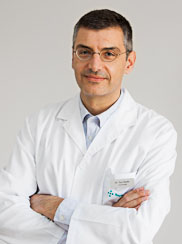
Antoni Bayés-Genís
Head of the Cardiology Department
Antoni Bayés-Genís is Head of the Heart Institute at the University Hospital Germans Trias i Pujol in Barcelona, and Professor of Cardiology at the Universitat Autònoma de Barcelona in Barcelona, Spain.
Prof Bayés-Genís is an expert on biomarker, including natriuretic peptides ST2 and neprilysin, having lectured on the subject at numerous international meetings and generated research data that were later included in clinical guidelines.
His research is focused in two main areas, one more clinical and another basic-translational. From the clinical standpoint, he is interested in precision medicine in heart failure, biomarkers, sudden death, devices, new treatment options and epidemiology. At the basic-translational level, he focuses on novel regenerative approaches to rejuvenate the heart, including tissue engineering and cell-derived products.
Prof Bayés-Genís is past President of the Catalan Society of Cardiology, past Editor of Revista Española de Cardiología,…

Lisa Anderson
Heart Failure Consultant and Honorary Reader
Dr Lisa Anderson is a Heart Failure Consultant and Honorary Reader in the Cardiovascular Clinical Academic Group, Molecular and Clinical Sciences Research Institute at St George's Hospital in London, UK. Dr Anderson achieved her BSc and MB ChB from Liverpool in 1987 and 1990 respectively. She obtained her MD from Imperial College in 2001 before completing cardiology specialist registrar training at St George's Hospital in 2005.
Dr Anderson was appointed consultant cardiologist in 2005 and was made honorary senior lecturer at St George's University of London in the same year. She has been heart failure lead for the South West London Cardiac and Stroke Network since 2006.
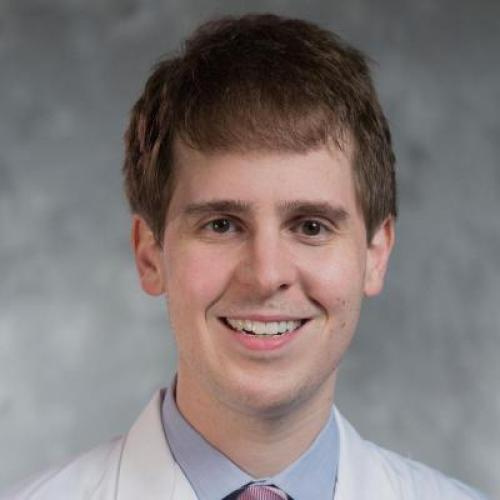
Stephen J Greene
Assistant Professor, Division of Cardiology
Dr Greene is a cardiologist with a clinical and research interest in improving quality of care and outcomes for patients with heart failure. He has been a co-investigator and co-author of multiple national and international heart failure trials studying medical therapies for heart failure. He has also served on leadership committees and led multiple analyses from national and international heart failure registries characterising the quality of heart failure care. Dr Greene’s collaborative work has led to more than 350 publications in peer-reviewed journals.






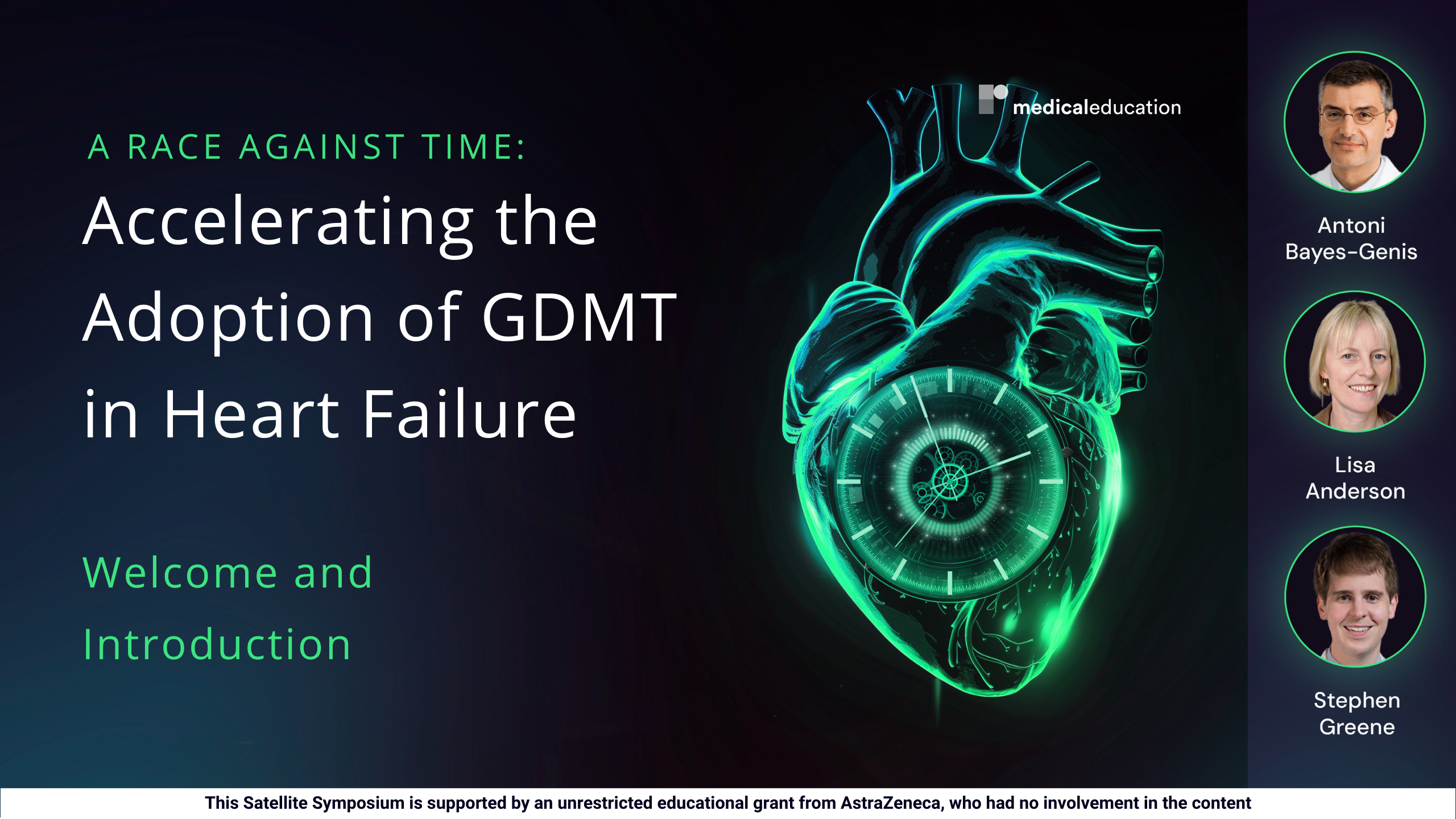
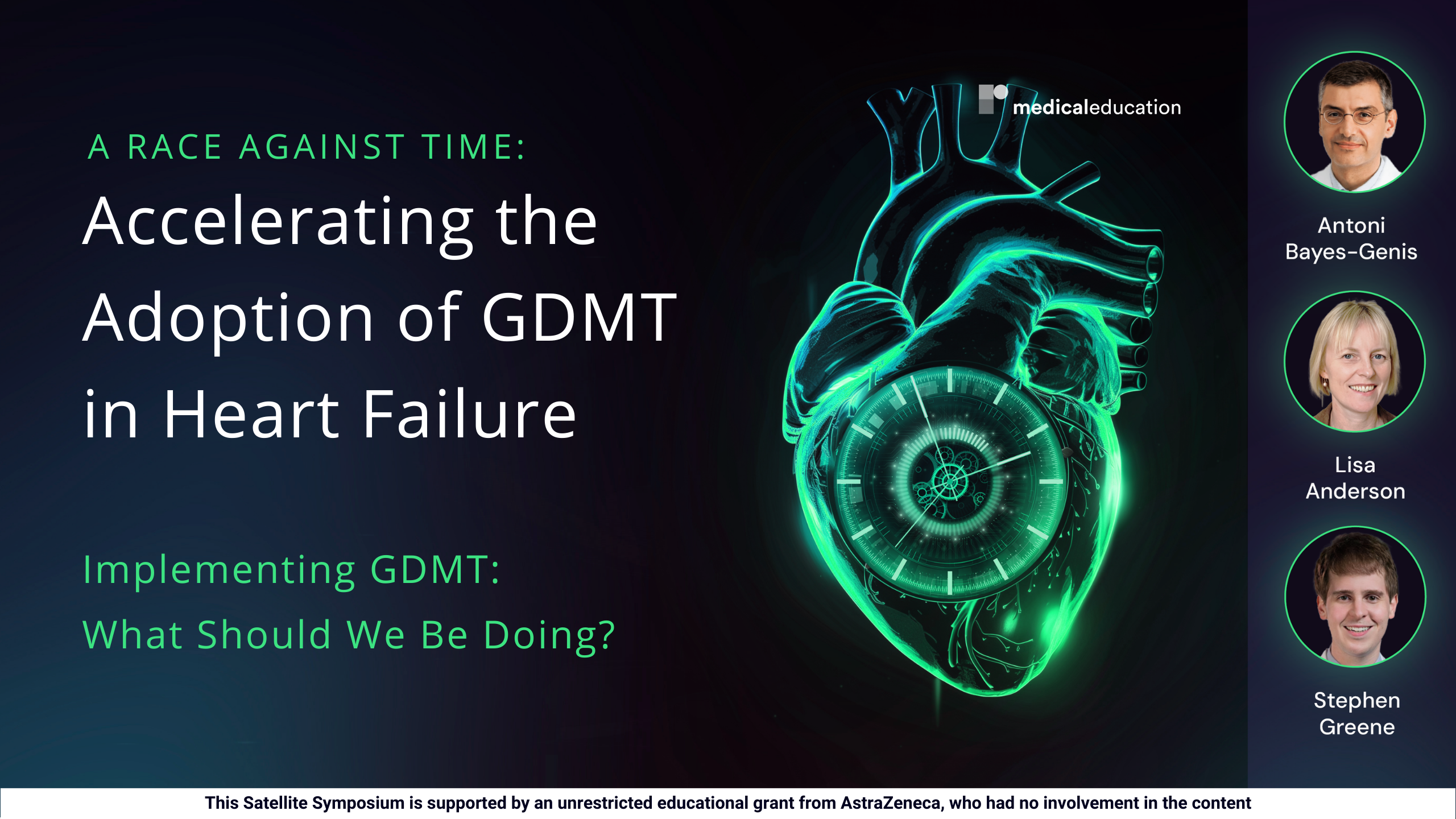
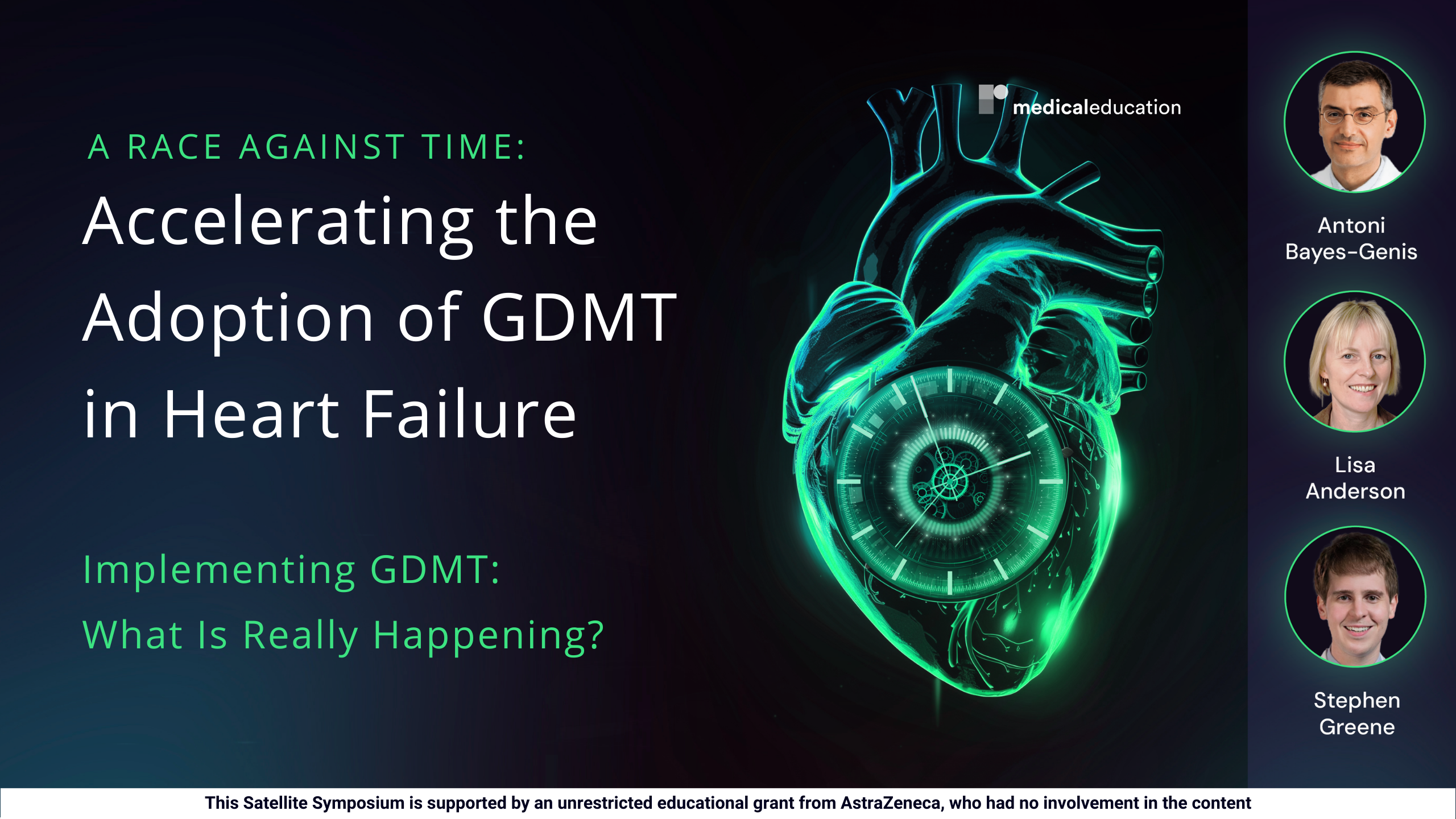
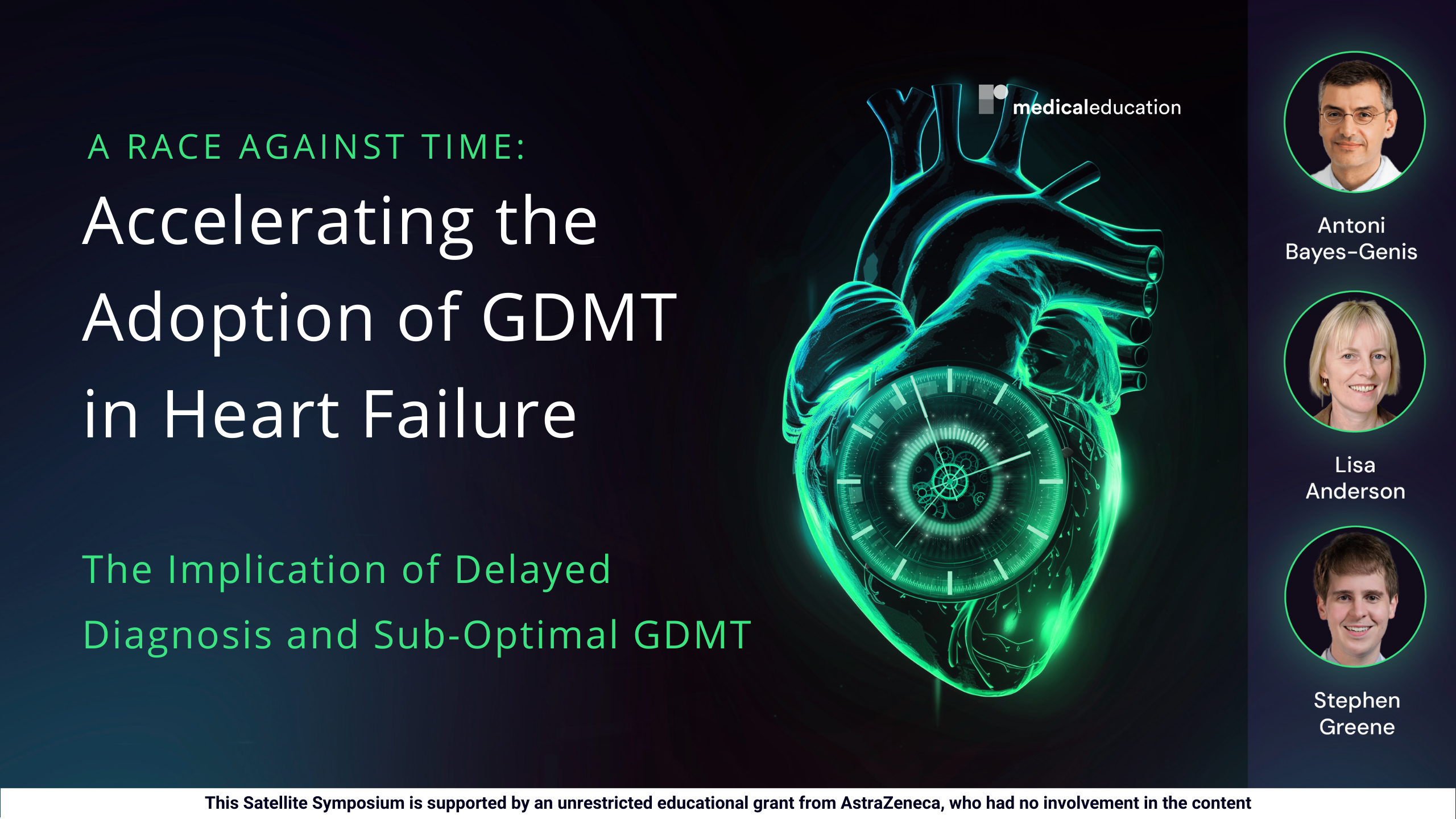
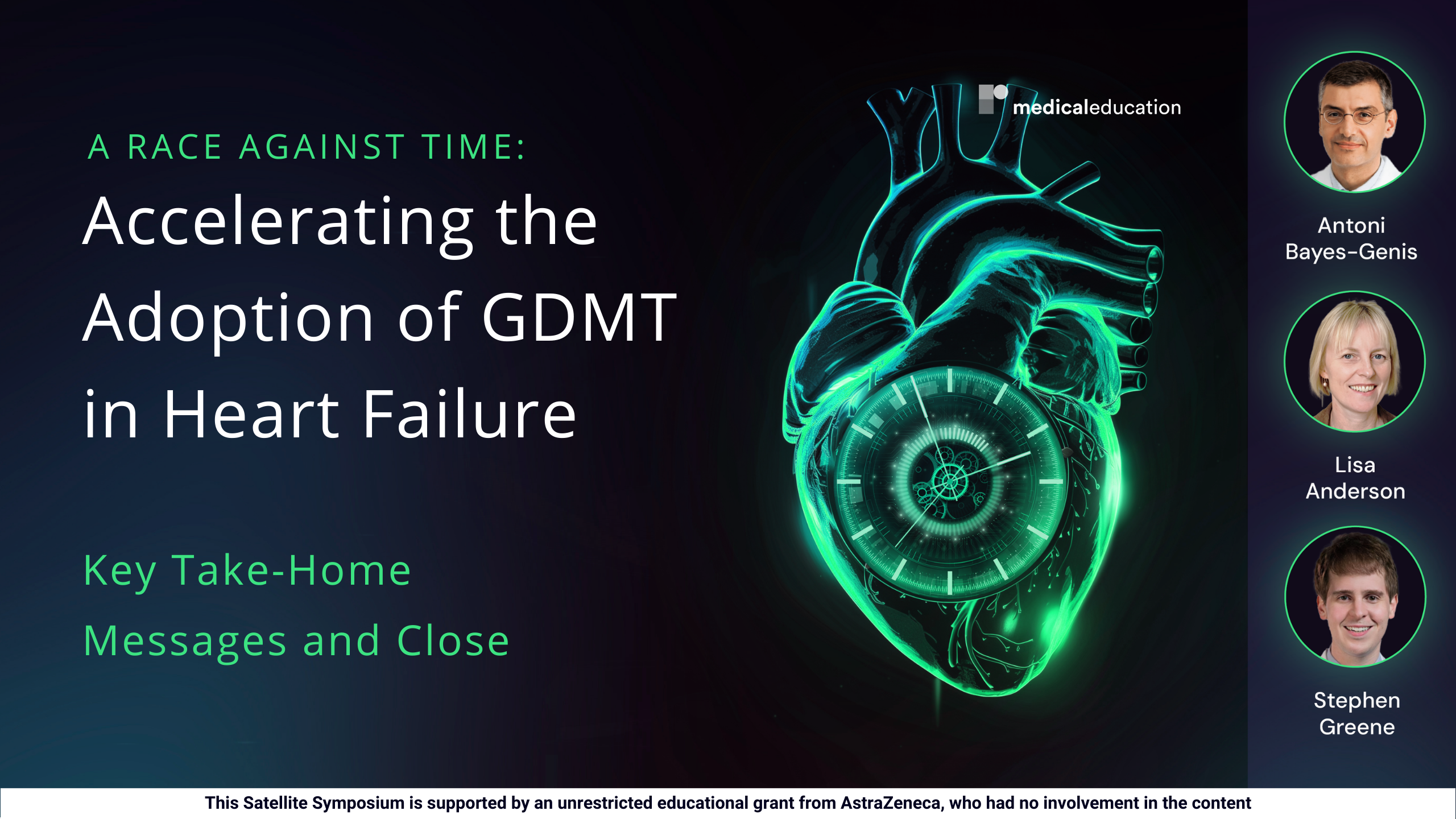
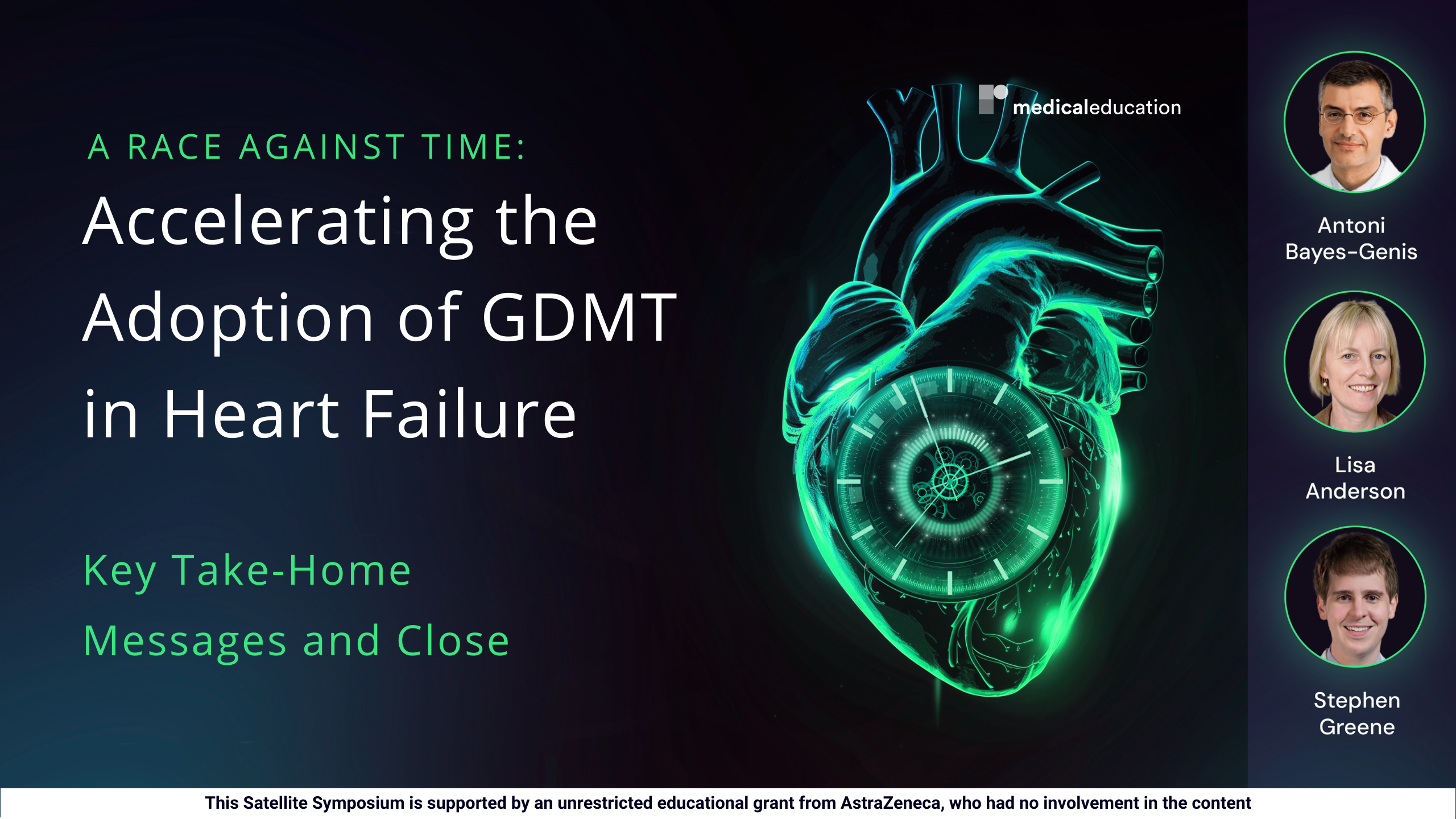
Comments